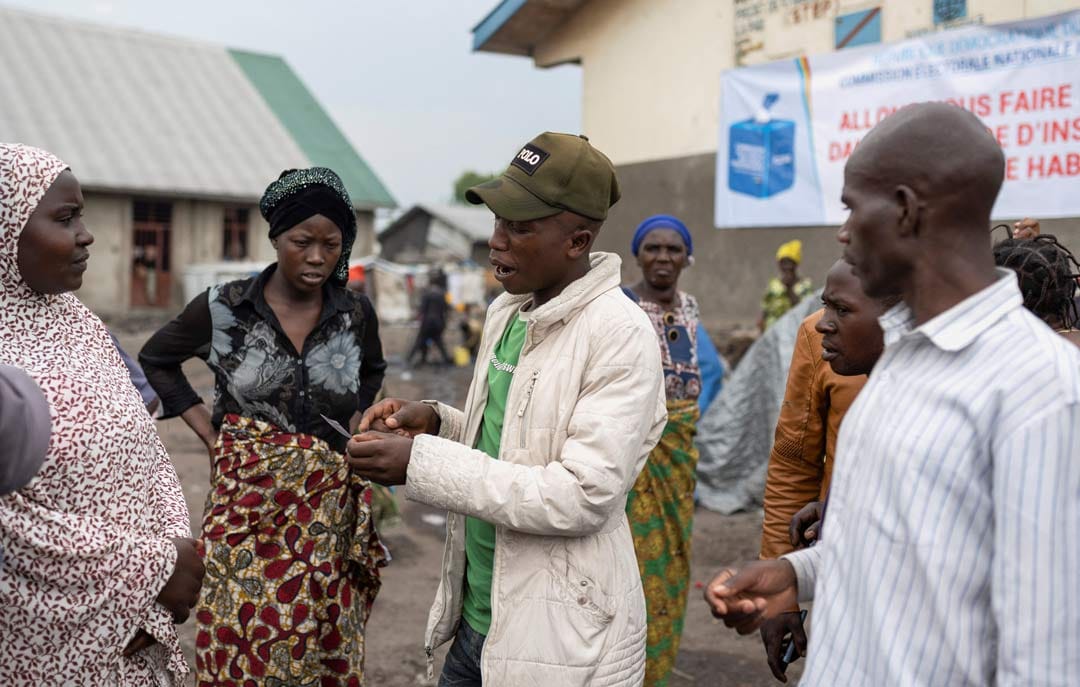DR Congo: Uncertainty looms over FECOFA elections ahead of FIFA deadline

Kinshasa briefly became the centre of African football on Monday, October 7, 2025, as it hosted the 47th CAF General Assembly.
While the gathering brought together leaders, officials, and journalists from across the continent, discussions ended with growing concerns over the electoral future of the Congolese Football Federation (FECOFA).
At a press conference, CAF Secretary General Véron Mosengo-Omba stressed the urgency of holding elections. “FIFA’s roadmap is clear: elections must take place before December 31, 2025,” he insisted.
However, Mosengo-Omba emphasised that the process must be inclusive.
“We must first resolve the issue of the two Kivus, the North and the South.
What do we do with them? Are they not part of our country? We must not forget them,” he warned, highlighting the challenges of ensuring representation across all provinces.
Despite FIFA’s deadline, the electoral process remains at a standstill. No date has been set to resume the provincial and federal elections, and the newly renewed Normalization Committee has yet to implement a concrete plan.
Logistical difficulties, resource shortages, and ongoing instability in the eastern regions continue to hamper progress.
Mosengo-Omba also suggested the possibility of a transitional solution if necessary.
“This does not mean that there will be no elections.
But if you have a solution, propose it to FECOFA,” he said, leaving the door open for alternative measures to ensure compliance with FIFA regulations while navigating local challenges.
Observers note that the uncertainty surrounding FECOFA’s elections could have wider implications for Congolese football, including governance, funding, and participation in continental competitions.
The Normalization Committee faces mounting pressure to reconcile political, logistical, and regional complexities before the year-end deadline.
As the clock ticks toward December 31, football stakeholders in DR Congo are watching closely.
The outcome of this electoral process will not only determine the leadership of FECOFA but also influence the country’s standing in African and international football.
About The Author
dailymailafric
I am an avid African news observer, and an active member of Daily Mail Africa.
I’m Passionate about staying informed on diverse topics across the continent,
I actively contribute to publishing on political, economic and cultural developments in Africa.



